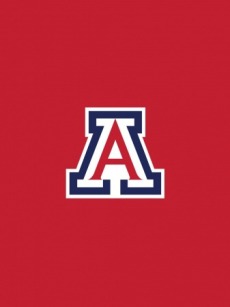Nathaniel Issacson


"Studying East Asian Studies opened my world in ways I never expected. Learning Chinese challenged me to think differently, not just about language but about culture, hi tory, and communication. Exploring East Asian philosophies, politics, and traditions gave me new perspectives on global connections I never dreamed of prior to college. Studying abroad in China deepened this sense of discovery, immersing me in a world both new and fascinating. Traveling and meeting people from different backgrounds made every experience feel like an adventure, whether through literature, conversations, or exploring unfamiliar places. It made me want to continue forging relationships across cultures and pursue a career as a diplomat."

Hosted by JPN 245 - Japanese Popular Culture: Manga, Anime, and So Much More!
Join the JPN 245 class for a movie screening of Nausicaä of the Valley of the Wind!
In a post-apocalyptic world overrun by toxic jungles and giant insects, Nausicaä, the brave princess of the Valley of the Wind, seeks to understand nature rather than destroy it. When the Tolmekian Empire threatens to use an ancient bioweapon, she must prevent war and uncover the jungle’s secrets to save humanity.
Join us to experience this Studio Ghibli classic! Experience breathtaking animation, a powerful story, and a heroine ahead of her time. Don’t miss out!
Qualified students working on an individual basis with professors who have agreed to supervise such work. Graduate students doing independent work which cannot be classified as actual research will register for credit under course number 599, 699, or 799.
This course is designed to examine different topics in Korean studies, including the politics of modern Korea, late capitalism and social changes, new media and society, inter-Asia cultural flows and cosmopolitanism, youth culture, gender and sexuality, and beyond. Under this same course title, each year will focus on one of the listed topics. Students will be able to explore a variety of significant issues in Korean studies in relation to their own research agenda through this course. Graduate-level requirements necessitate more in-depth reading, thinking, and writing than an undergraduate level course.
Qualified University Honors students working on an individual basis with professors who have agreed to supervise such work.
Qualified students working on an individual basis with professors who have agreed to supervise such work.
This course is designed to examine different topics in Korean studies, including the politics of modern Korea, late capitalism and social changes, new media and society, inter-Asia cultural flows and cosmopolitanism, youth culture, gender and sexuality, and beyond. Under this same course title, each year will focus on one of the listed topics. Students will be able to explore a variety of significant issues in Korean studies in relation to their own research agenda through this course.
Specialized work on an individual basis, consisting of instruction and practice in actual service in a department, program, or discipline. Teaching formats may include seminars, in-depth studies, laboratory work and patient study.
Specialized work on an individual basis, consisting of instruction and practice in actual service in a department, program, or discipline. Requires faculty member approval, preceptor application on file with department.